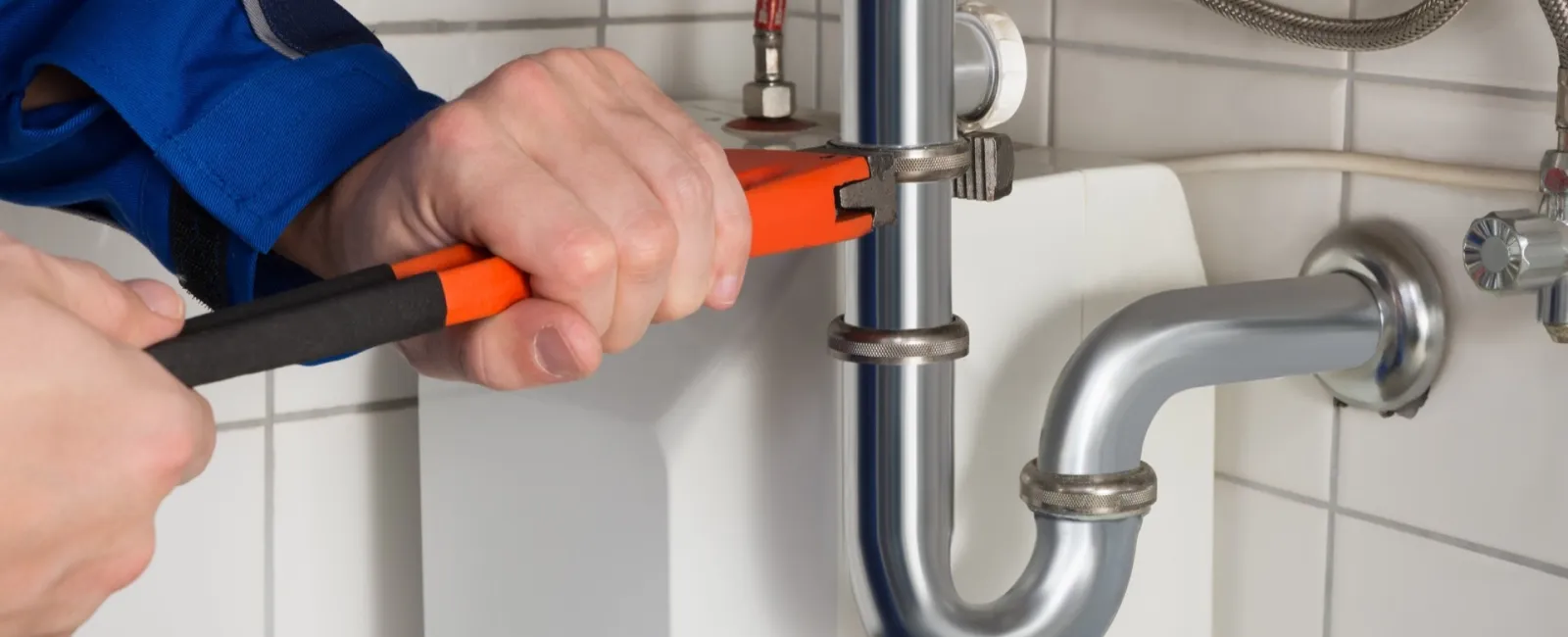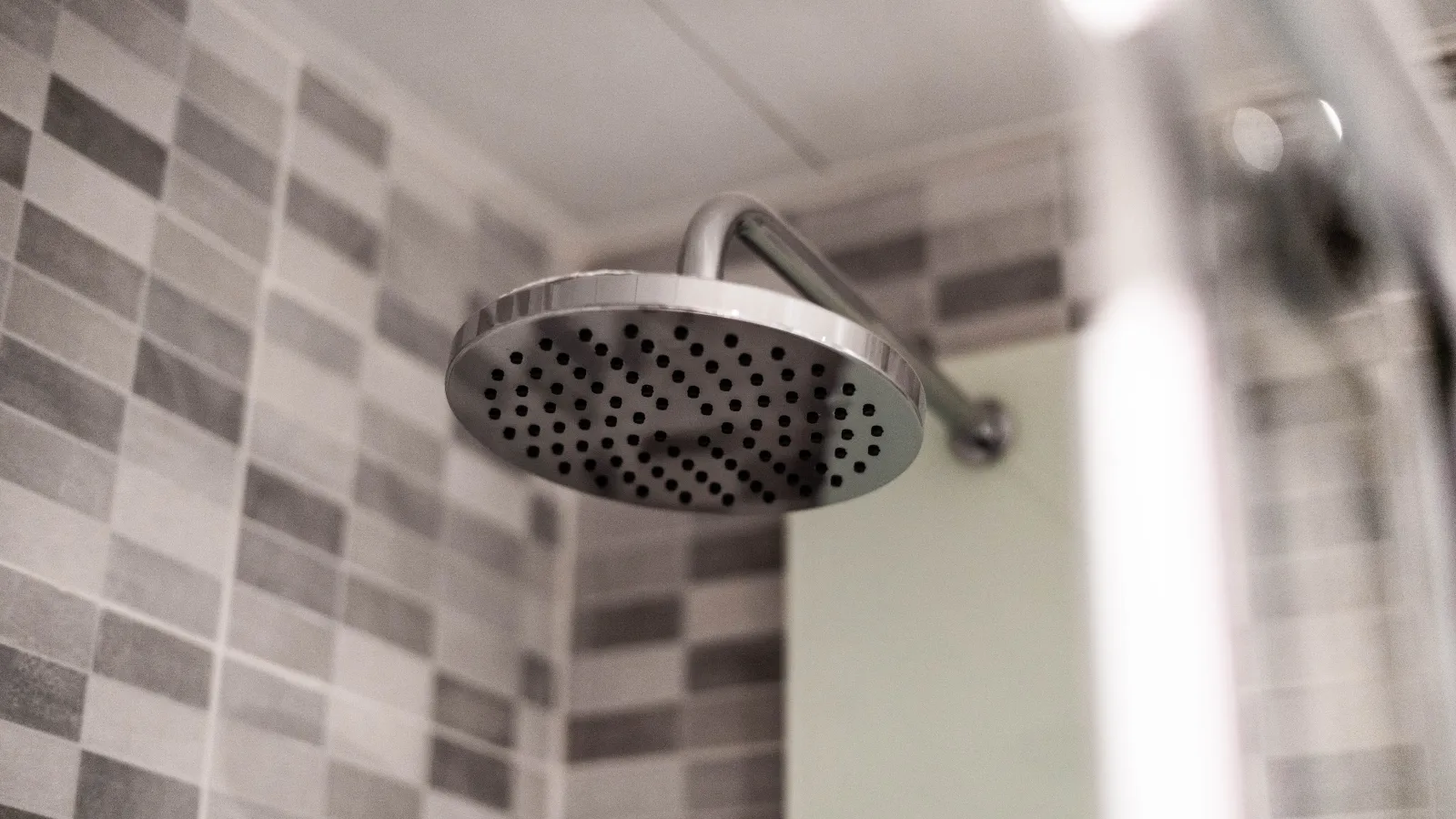The septic system is a major component of your house's operating system. When the system fails, fixing it is an expensive proposition. Fortunately, your system can last for many years without fail if you follow a proper septic maintenance routine.
Septic maintenance is a simple process. It primarily consists of following a set of rules closely, and you don't have to do anything to physically maintain it. It is really a case of "doing a little to save a lot."
- Never throw foreign objects into your sewage system. Sanitary napkins, disposable diapers, cigarette butts, paper towels and other objects of that nature have no place in your septic system. They clog the tank and drain field, ultimately resulting in expensive repairs.
- Have the tank pumped periodically. Generally speaking, a septic system serving a family of four should be pumped every three years or so. When you introduce appliances such as a garbage disposal or even a hot tub, the pumping frequency may have to increase. Leaking faucets can require that the tank be pumped more often, as well.
- Never dump paint, oil, mineral spirits or anything else of that nature into your drains. Naturally occurring bacteria within the septic system help to break down the solids. When you introduce those types of liquids, it kills the bacteria and may end up causing total system failure. Cleaning chemicals like chlorine bleach can kill the bacteria, too.
- This is not a DIY project. When your septic system requires service, hire only qualified, licensed professionals to perform the work. These folks know what they are doing and what it takes to prevent damage to your septic system.
- Avoid planting trees and shrubs above the location of your septic system. Anything that has deep roots can invade the septic system and cause clogging or other damages to the tank and leach field, which may result in expensive repairs.
When the entire household follows a few simple rules, septic maintenance becomes a breeze. Your system will operate problem-free for many years to come, costing you little more than an occasional pumping fee.
Image source: Wikimedia Commons



